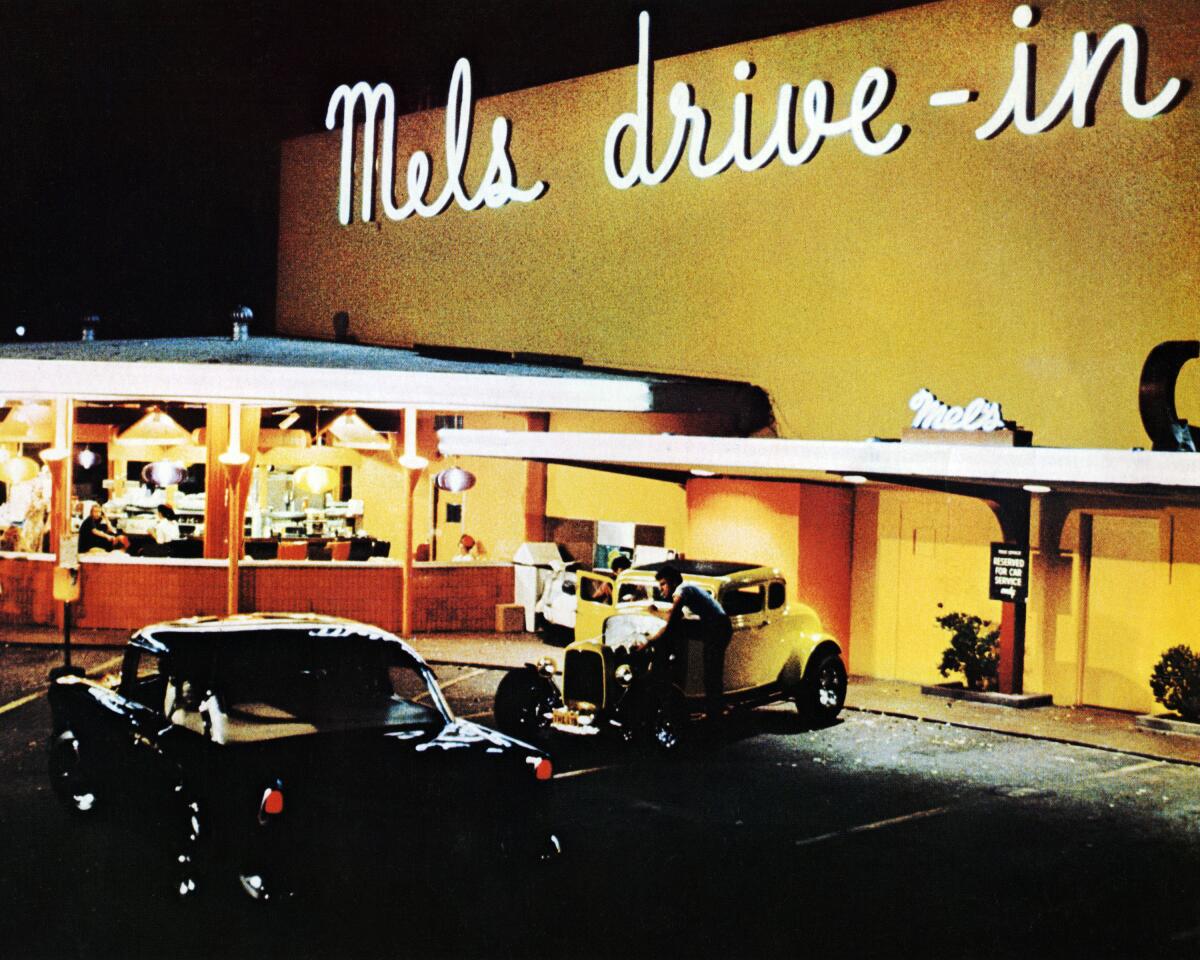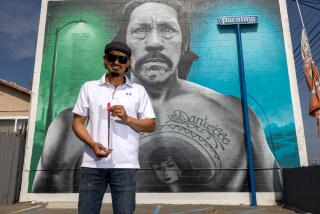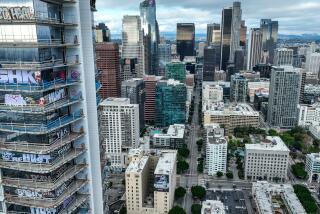Calendar Feedback: A grand ‘Graffiti’ recap and why ‘Rich Men’ resonates

‘Graffiti’ memories
Thank you for the delightful look back at “American Graffiti” [‘“American Graffiti’ at 50: An oral history,” Aug. 20]. Fifty years, ago at the age of 16, I attended the movie with a high school buddy. What I remember most was the reaction of the audience. From the opening bars of Bill Haley’s “Rock Around the Clock” the audience alternately laughed, sang and cheered throughout the length of the film. After a brief silence at the end when the fates of the main characters were revealed, we were serenaded out by the Beach Boy’s “All Summer Long.“ I don’t think I’ve had a better time at a movie since.
Pete Skacan
Manhattan Beach
Why ‘Rich’ resonates
Many Virginians refer to the area of their state where D.C. government employees live as “occupied northern Virginia,” [“An overnight sensation strikes it ‘Rich,’ ” Aug. 22]. These D.C. people make good money in comparison to the rest of Virginia and have used their numbers, power and influence in a condescending manner toward those who live outside of the D.C. bubble. The perceived “occupation” of northern Virginia is one reason why the song “Rich Men North of Richmond” resonates with so many folks who live outside of the Beltway.
Mark Walker
Yorba Linda
::
How about some civility?
What is wrong with people that we need public reminders to act like civilized citizens [“PSA: Behave yourselves,” Aug, 21]? Did everybody’s mother raise them to behave badly in the company of others? What happened to basic common courtesy? I am fed up with these Jerks who blame the pandemic for their selfish, arrogant, entitled rudeness toward others. Being nice is not a weakness. Being kind shows that one appreciates others
Our country is at odds and fighting. Instead of giving out more grief, why not try a little compassion for others who are struggling just like you? Think about it for a change.
Cynthia Lerner
Los Angeles
::
The master of bad behavior is the twice-impeached and four-time indicted former president. “Knock the crap out of him, would you?” Trump called out at a 2016 campaign rally about a protester.
Seven years later, bullying, threatening and hate-speech have become all too common in the public discourse. Until our elected leaders speak to each other and to the American people with civility, our only recourse is at the ballot box. If we shun demagogues, maybe democracy and decency have a chance.
D.H. Sloan
Los Angeles
::
A new ‘Side’ to the story
Steve Almond’s extremely well-written discussion of the ongoing “Blind Side” issue was an eye-opener and gave me a fresh new way to consider the nuances of the matter. It also motivated me to search out the books he has authored [“ ‘Blind Side’ of story: the kids,” Aug. 18]. What a writer! Thank you.
Paul Updegrove
Sherman Oaks
::
The title fits your sad take on the book, movie and racism. Racism is all you saw. You need to look beyond your “blind” biases.
Mike Garnet
Palm Desert
::
Thanks to Steve Almond for his article exploding the narrative of “white saviorhood” portrayed in the book and movie “The Blind Side.” I did not read the book, but the movie made me very uncomfortable. The attitude of the benevolent white family toward the talented young black athlete they adopted and promoted was revoltingly condescending. The Touhys claim they never made much profit out of this, but the whole program smacks of potential exploitation. This fairy tale of “white saviorhood” is embarrassing, and it is long past time for us to dump it.
Anne Cohen
Pacific Palisades
Last words on ‘Oppenheimer’?
No matter where one stands on the portrayal of Hiroshima and Nagasaki in the film “Oppenheimer,” Justin Chang’s extended essay on the topic is a tribute to the intelligence of readers of The Times [“A model of restraint,” Aug. 17]. Chang counts on us to follow the most subtle and complex lines of thought. In an age of dumbed-down journalism — bravo!
Glenn Pascall
Dana Point
::
Chang has been one of my favorite film critics, and his assessment of “Oppenheimer” and Christopher Nolan reaffirms my opinion. Beautifully written, well thought out perspective on Nolan’s choices for this film. Bravo, Justin Chang. I now want to seek out more information about Oppenheimer.
Janet S. Homes
San Clemente
::
I enjoyed the article, but I think an important point was omitted. I am 96 and a World War II Army Air Corps vet. I was home on furlough when i turned on the radio and heard about the bomb. I knew it was over! It was predicted that an invasion of Japan would have cost a million American lives. It was a trade-off. What a terrible decision, but one I would have also made.
Morton Miller
Los Angeles
More to Read
The biggest entertainment stories
Get our big stories about Hollywood, film, television, music, arts, culture and more right in your inbox as soon as they publish.
You may occasionally receive promotional content from the Los Angeles Times.










